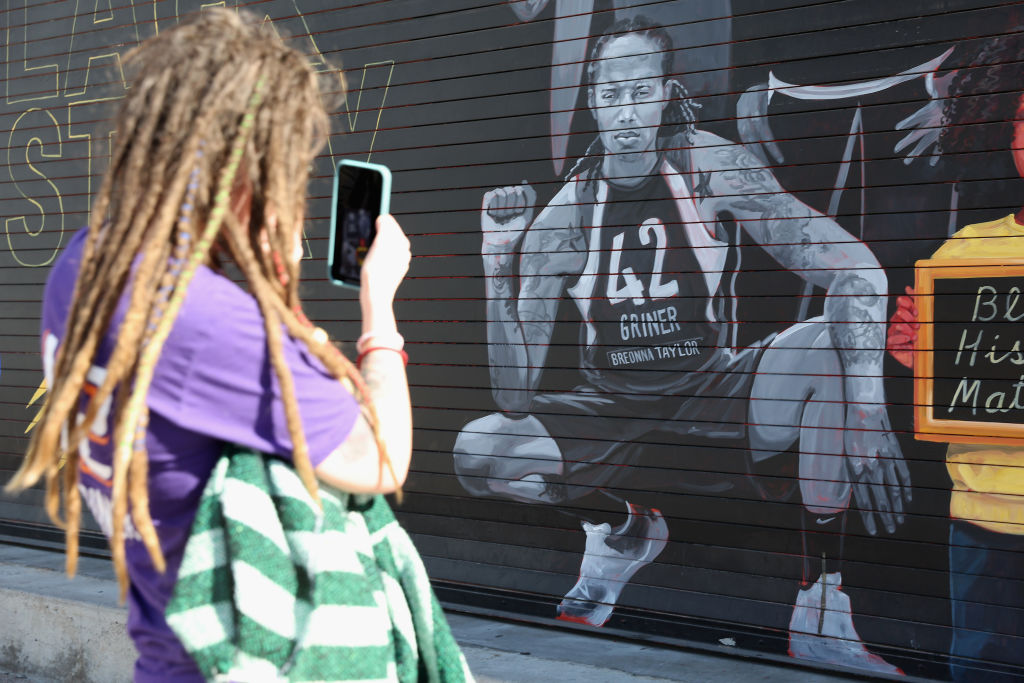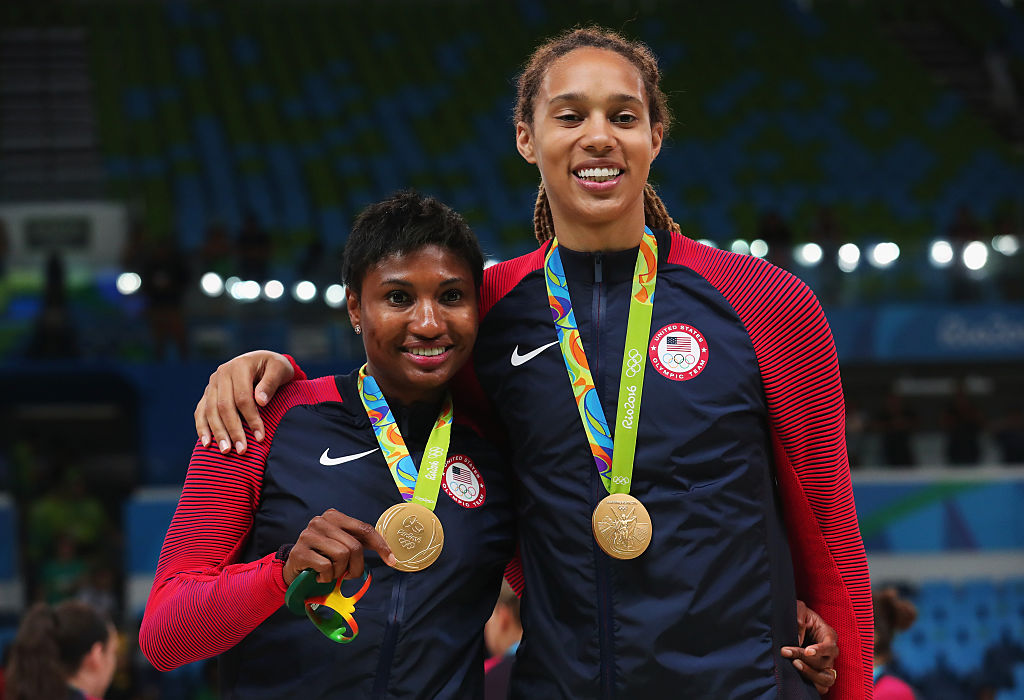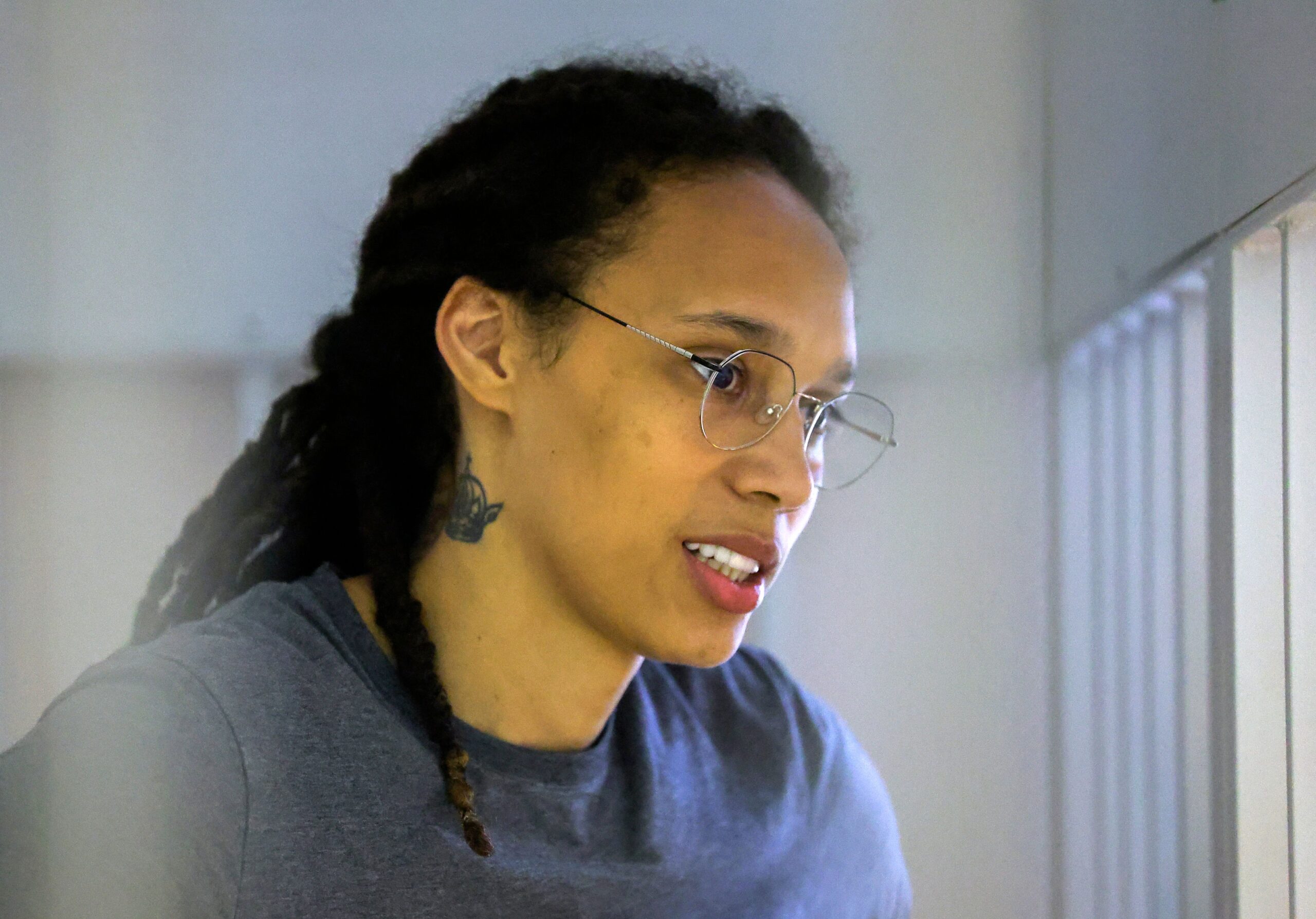They are among the world's most storied bobsled teams without having won Olympic hardware. The audacity of their mission – coming from a nation void of snowy winters, financial prosperity or a tradition of bobsledding – has captivated the world since Jamaica first competed in Olympic bobsledding in 1988 at the Calgary Games.
Cool Runnings, the 1993 Disney movie about Jamaica’s Olympic bobsled team featured suspect Caribbean accents and a few B-list black actors like Malik Yoba, but it’s commercial impact altered the world’s perception on cultural diversity in winter sports, as well as the notion that bobsledding was only enjoyed by white people from the coldest regions of the world.
Years later, Jamaicans are still qualifying and competing in the Winter Olympics, and the bobsled team has graduated from an anomaly or oddity to legitimate players in Sochi’s Olympic bobsled shuffle.
If their first few shots in the Winter Olympics limelight was about breaking ground, fast forward a couple decades and now it’s about breaking bread.
After word leaked that Jamaica's two-man bobsled team had qualified to compete in Sochi next month – but didn't have money to go to Russia – the ever-flowing wallet of Internet donors saved the day as thousands of people contributed to online campaigns.
The Jamaican team of driver Winston Watts and brakeman Marvin Dixon hoped to raise $80,000 for travel to Sochi, equipment, training time and other necessities. Jamaica’s bobsled team may have some culturally-significant cinema fame but they don’t have the commercial endorsements and major government support that other teams do.
However, proving that the rude boy bobsledders still get love like Bob Marley in the states, donations flew in like a sled blowing at 100 kilometers around the final turn. Thanks to an outpouring of popular support, media exposure and a social media blitz — including an Associated Press article in which Watts said of the fundraising effort: "Right now, we're at zero — as of 11:30 a.m. Tuesday, the team had raised nearly $200,000 combined on the three platforms in less than a week.
In a world where people’s violent nature, greed and disregard for others is often highlighted, The Olympics is right on time with stories of humanitarian work, selfless acts and the galvanization of people who usually spend their time fighting for position being divisive.
The International Olympic Committee – not to be outdone by the generosity of contributors from around the globe – said it would step in to pay the Jamaicans' travel costs. The Jamaican Olympic Association (JOA) has also said it will support the national bobsled team's participation in the Winter Olympics Games to be held February 7 to 23.
The Caribbean bobsledders blew up like the Reggae Sting Festival in 1988, when its four-man team made their Winter Olympics debut in Calgary.
Then in ‘93, the comedy-driven, but informative movie Cool Runnings starring Yoba and the late John Candy (who played the role of team founder George Fitch) catapulted the team to next-level notoriety.
It doesn’t snow in Jamaica but it does rain and it seems lightning is striking twice as an Internet meme has fueled interest and support for 2014's Jamaican bobsled team. Just as their participation in past Winter Olympics has pushed the boundaries of bobsledding, this Olympics their campaign was funded in part by Dogecoin — a peculiar digital, crypto-currency that's based on the "doge" meme, in which shiba inus, a cute Japanese dog breed, are shown in various settings, the photos embellished with words of praise and amazement — particularly "wow."
Being on the cutting edge of this new method of fundraising once again makes Jamaica's presence in the Winter Olympics one that transcends sports and lays the foundation for cultural and technological future advancements of the world. Gaining financial support so quickly and directly is exciting for Olympians from poorer countries such as Jamaica – because training, equipment and preparation for the games can run into the hundreds of thousands of dollars. The Jamaican bobsled team is the first high-profile Olympic team to receive lucrative fundraising donations in this manner. It’s a whole other source of income. It’s people motivated by emotion and represents about as pure a human gesture as one can make.
The Dogecoin effort was added into a campaign on Crowdtilt that was started by Lincoln Wheeler, who calls himself an "everyday Winter Olympics fan." He later gave control of the campaign to Jamaica's organizers, including Devon Harris, a member of the original "Cool Runnings" team.
According to washingtonpost.com, in addition to Dogecoin “more than $40,000 was given to to an official Indiegogo account and launching parallel campaigns on Crowdtilt and Reddit community page." (You can read more about the doge phenomenon at The Verge):
"This is obviously great news for the Jamaican team (and for the cryptocurrency community, which celebrated the fundraiser as “a great opportunity to promote dogecoin on the world stage.”) But it also holds a great deal of promise, at least theoretically, for other athletes who struggle with the monumental cost of becoming an Olympic athlete.”
The Jamaica Observer reported that the team also took advantage of its cult-celebrity to raise cash and were a big hit when they visited the Sundance Film Festival in Sun Valley, Utah:
“For some at Sundance, seeing the Jamaican bobsled team was like catching a glimpse of the movie stars who have packed Park City for the festival. The team attracted attention and happily posed for eager picture seekers in between bites at the popup MorningStar Farms Veggie Burger Bar, which has been providing free veggie burgers and other food for moviegoers."
It's been 12 years since Jamaica has flexed it’s bobsled bo bo at the Olympics, with Watts finishing 28th at the Salt Lake City Games with Lascelles Brown. Shortly after, Brown made a power move and is now a critical member of Canada's national team, winning a gold medal at the 2010 Vancouver Games – one where lack of funds once again deterred the Jamaicans hopes of competing.
But here they are again, with another shot at the unfathomable. Completing a journey that embodies the Olympic Games’ spirit of determination, sportsmanship and national pride. Watts is an athletic marvel at 46-years-old and has personally incurred most of the costs for international competition and the "Road to Sochi" qualifications. He says he retired from sledding for nearly a decade before giving his Olympic medal hopes one last push.
"We're pretty good," Watts told usatoday.com. "We're not there with the rest of the world, of course. But if we had some more sources for funding, we'd have a better chance."
Initially Watts envisioned having a four-man sled for Sochi, but quickly realized his money was not long enough to pull it off. Instead he and Dixon focused on the less expensive two-man sled (which can still run a team over $150,000) and they racked up enough points in lower-tier international competitions in Park City, Lake Placid and Calgary, to slide into the Olympic rotation.
The Jamaica Observer said the bobsled squad -which has been on a serious grind since last summer and spent time in Evanston, Wyo, for practice in icy conditions – is in it to win it. They don’t want to be the sideshow that capsized to fame back in the days. Despite the disadvantages of being from an underdeveloped tropical country, they refuse to get caught up in the obstacles and how much their performance is affected by lack of resources. Just the possibilities of success.
“We just want to go up there and do our best,” a confidence-oozing Dixon, who will hold the flag for Jamaica during the opening and closing ceremonies, told the publication. “I'm one of the best brakeman in the world right now."
The money is oozing in for Jamaica’s team as well. With enough funds to enhance equipment and finally be on equal technical ground with rival competitors, it will be interesting to see if a couple of long shots from yard can turn into the Usain Bolts of bobsledding.



